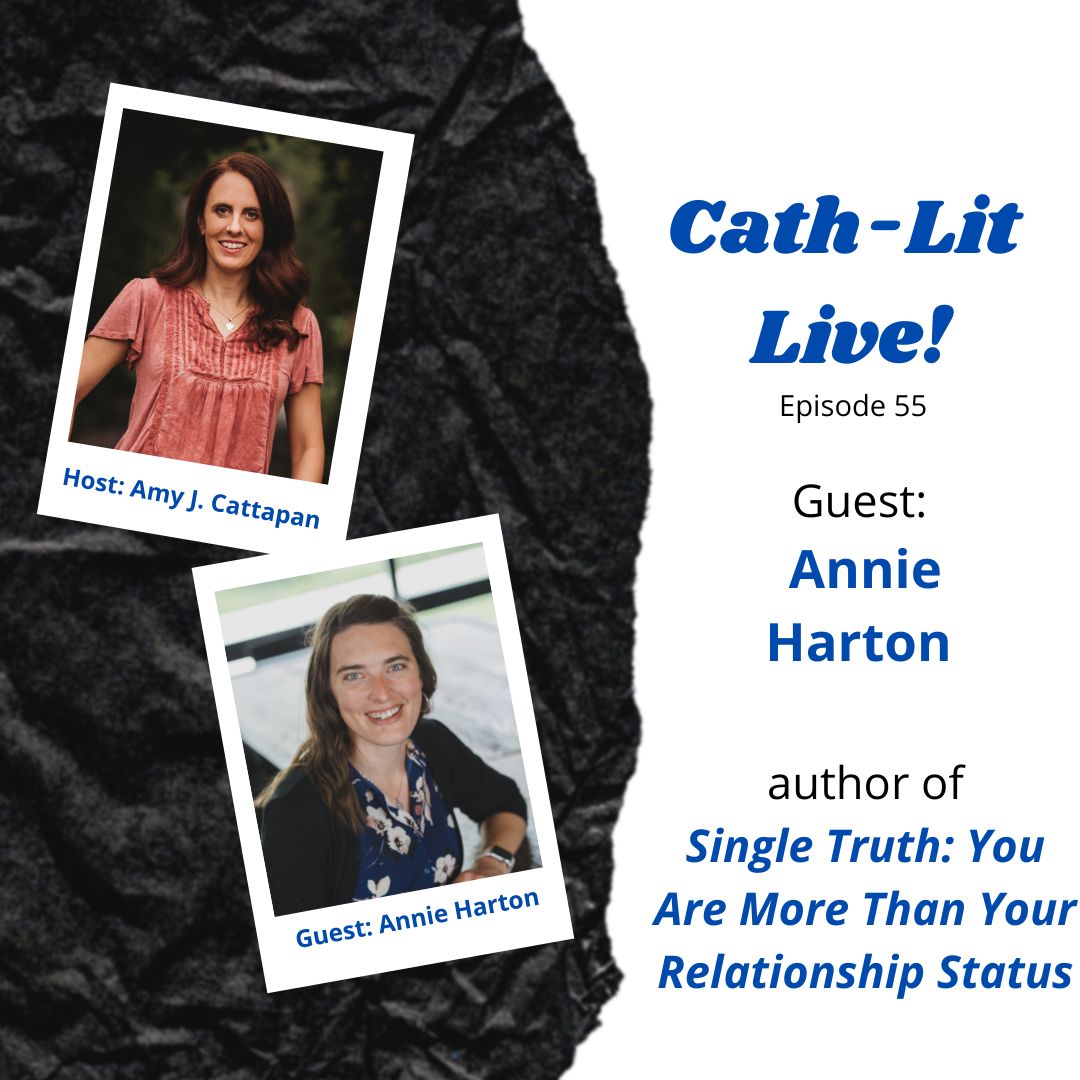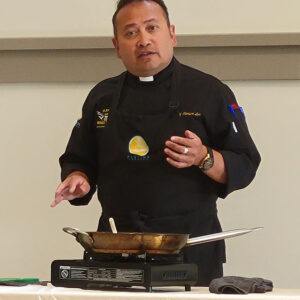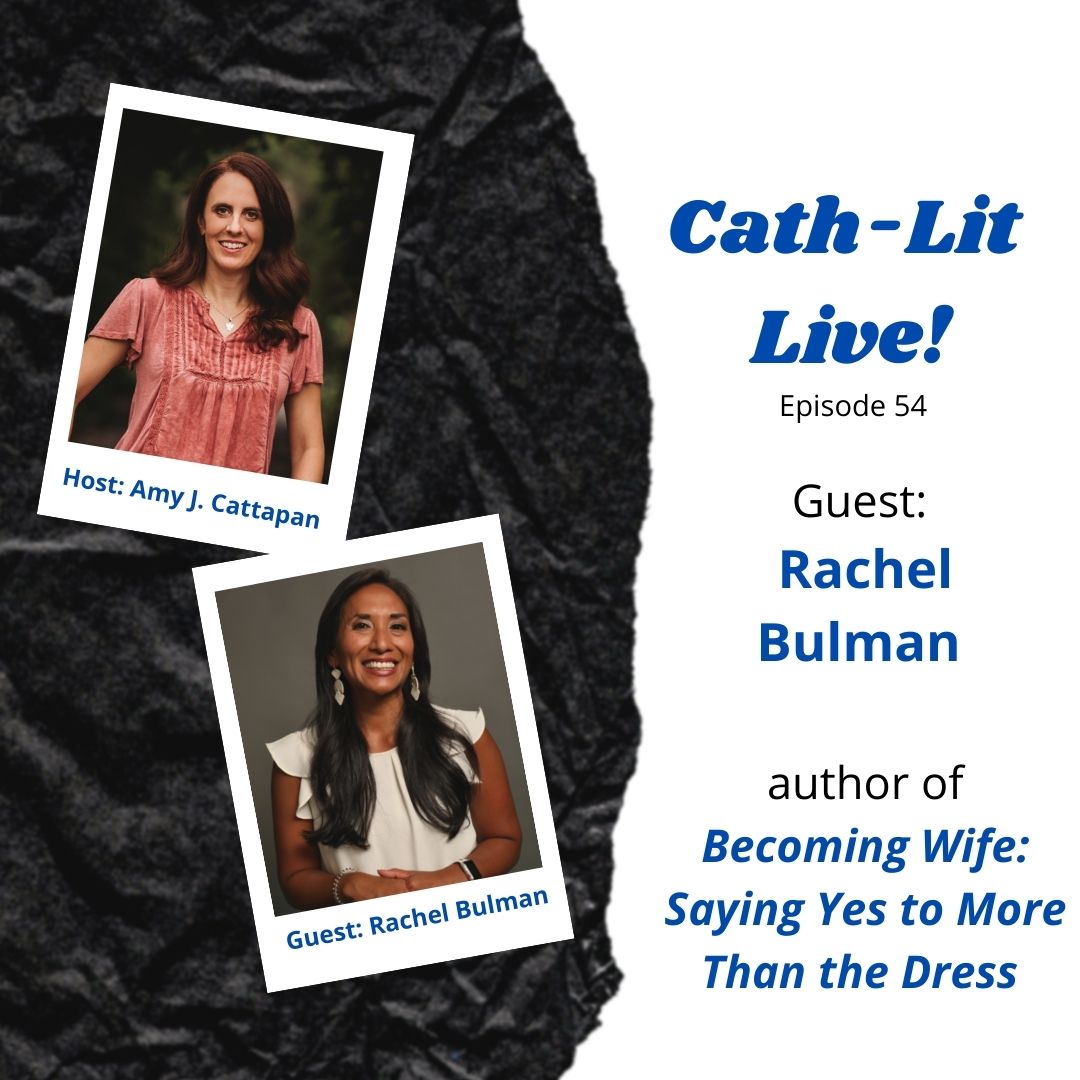Sometimes We Need a Coach in the Pulpit
Sometimes We Need a Coach in the Pulpit
We Catholics hear much about how we must evangelize. Unfortunately, most Catholics do not know how to do it. Most of us even avoid discussions with each other about controversial topics in the Church. Indeed, few of us are going to stand on a milk crate on a street corner, hold up a Bible, and say, “Repent, repent!” So, how should Catholics evangelize?
Pope Francis: “Every baptized person has a mission”
On March 8, 2023, Pope Francis discussed Evangelization in Vatican City, saying, “Every baptized person, whatever his position in the Church or level of education in the faith, is an active subject of evangelization.” The Holy Father also said that every baptized Catholic has a mission to proclaim the Gospel. For the vast majority of Catholics, that seems to be a pretty tall order. Why? Because we are not sure how to evangelize and may even be afraid to try.
Imagine we Catholics are a football team. Our “head coach” would be Pope Francis and he would have a huge and experienced coaching staff in place. It would consist of many priests and bishops. The head coach would need these assistant coaches, because the Catholic Church has members (players) all over the world. The vast majority of players need guidance in being taught the faith, practicing the faith, and, of course, in spreading the faith. That part includes evangelization. Teaching their players is the job of the coaches.
Venerable Fulton J. Sheen—the greatest Evangelization Coach ever
Among them stands one coach who may be the most significant Catholic coach ever. This man taught over 30 million people the Catholic faith. His name is Fulton J. Sheen. He was so effective in his ministry that he is on the road to sainthood. On September 12, 2012, upon recommendation from the Congregation for the Causes of Saints, Pope Benedict XVI declared Fulton Sheen a man of “heroic virtue” and elevated him to Venerable Fulton Sheen. His beatification is pending.
When I was a child, our dad tuned in to Life is Worth Living every Sunday evening with Bishop (he was not an Archbishop yet) Sheen. Dad loved this show, and we all sat on the floor, “quietly” watching with him. Truth be known, even though I was only a youngster, I liked the show. Something was mesmerizing about listening to and seeing Bishop Sheen.
Bishop Sheen once said, “I am worried about America—I am worried about her soul.”
Bishop Sheen had a big blackboard he used as he taught the viewing class. Without fail, the first thing he always did was draw a small cross on the top of the board and write the letters JMJ (representing Jesus, Mary, Joseph) under it. Then, the lesson would begin. The following quote from close to 60 years ago harbors a profound insight from the great Catholic teacher.
I am worried about America! I am not so much worried about its politics and economics, important though they be: I am worried about its soul. After all, politics and economics are determined by the sense of values which underlies them.
Bishop Sheen surely knew his business.
Maybe it is time we not only worry about our nation’s soul but maybe it is time to actually do something about it. Maybe we all need to somehow find our own way to stand up and follow the Holy Father’s admonition to Evangelize so as to help save its soul.
We have all witnessed over the years the destruction and heartache caused by floods from hurricanes such as Katrina in 2005, Andrew in 1992, Maria in 2017, and Ian in 2022. These are awful occurrences, but we all try to help by either going to those places to give hands-on assistance or sending money and food. Many of us, especially the elderly and homebound, simply pray.
Are we to be simply bystanders as our religious freedoms are stripped away?
But are we, the people of faith, doing our best to stem the flood waters of secularism pouring into our American life and smashing down the doors of religious freedoms? Are we just bystanders as the very spirituality that is the foundation of all our freedoms is slowly stripped away? Piece by piece they are being packed up and stuffed into the storage bin of what once was. Are we so concerned with not offending someone that we do not defend this great gift of faith with which we have been blessed?
I believe that for us, the “players” on the Catholic team, it starts with the priest, the pastor of our parish. He is our local Catholic coach. We need him to validate our game plan. He has the bully pulpit where he can stand before his congregation (team) and proselytize however he wants. If he has assistant priest(s) assigned to the parish, he can give them his game plan for the week.

We need to be given an evangelizing game plan from our spiritual coaches
Sunday Mass would be an excellent time for a priest to give his flock some guidance. Most of the time, we hear about the Bible readings for the day. Rarely, if ever, are the issues facing us outside the church doors mentioned: abortion, LGBTQ issues, gay marriage, the woke agenda, euthanasia, drug use, obeying the Ten Commandments, and so on. These issues face the average Catholic/Christian the world over on a daily basis. We need an evangelizing game plan from our coaches. How should we defend our side of the field? And, can it be done without offending someone?
If we, the faithful, attend Church one hour a week, that leaves 167 hours (or the rest of the week) outside the Church. The problem is that by the time most of us leave the Church, we barely remember what the homily was about. Our coach’s fifteen-minute talk was more “blah-blah-blah” than “fight-fight-fight!” Heeding the Gospel lesson should be like following the game plan we have just been given. We had better stop taking our faith for granted. Leaving church is like the opening kickoff. Game on!
The coaches should mention the rules of the game—OFTEN.
They can do much more to clarify Church teaching about marriage, family values, birth control, cohabitation, and contraception. We, the lambs, need to be guided by our shepherds. I believe the flock needs to hear about these topics, starting with the game plan presented on Sunday. The secular world we confront is a daunting foe.
And what about the Holy Eucharist and the Mass? It is said (Pew Research) that 70% of Catholics do NOT believe in the Real Presence. Fortunately, the Church has initiated a Eucharistic Revival that began in 2022 and will end in 2024.This is a great thing that is happening and parishes all around the world are participating in this revival.
We, in the pews, need to hear it from the pulpits. Then we need some guidance on methods of evangelization. When, where, how, with whom? How can we be lone evangelizers? Alone, we can always be setting Christian examples by giving a smile to someone passing by, saying hello to a stranger, opening a door for someone, giving some money to a person in need, or saying grace publicly in a restaurant. Those things can be our evangelizing warmups. From there we can advance toward becoming Christ-like.
The Greatest Commandment: know it by heart
The Ten Commandments (also known as the Decalogue) were given by Almighty God to a Hebrew man named Moses. He in turn handed them over to the Hebrew nation. These same commandments were embraced by Christ Himself and used as part of the cornerstone of His new Church. They still are the basic rules given to us to live by. But in the Gospel of Luke, Jesus simplified the Ten Commandments. We can go to Luke 10:25-28. This is when Jesus gives us the Greatest Commandment. He is asked by a scholar,
“Teacher, what must I do to inherit eternal life?”Jesus said to him, “What is written in the law? How do you read it?”He said in reply, “You shall love the Lord, your God, with all your heart, with all your being, with all your strength, and with all your mind, and your neighbor as yourself.”He replied to him, “You have answered correctly; do this and you will live.” (Luke 10:25b-28)
Yes, our foremost Catholic roots come from a Hebrew man who was personally given them by God. Our Catholic roots come from Judaism. Our Catholic faith comes from Jesus Christ, the Son of God. And he was Jewish. We are all joined together in perpetuity.
In the 21st century they are described in detail in the Catechism of the Catholic Church beginning with paragraph 2052. (If you do not have a Catechism, you should get one—they are available at all Catholic bookstores and also online.) The world of the secularist frowns on the Ten Commandments. Why? It has a lot of “Thou shalt NOTs” in it and many people think that they should never ever be told what or what not to do.
Time to spread the Good News
I think most Catholics today would defend their faith and evangelize, but just do not know how to do it. My method of being a lone evangelizer is via social media. How many of you use Facebook and/or X (Twitter)? How about Linkedin or Pinterest? Youtube? Snapchat? Tumblr? Instagram? Jump on and spread the Good News. We all can be evangelists right from our own homes. How easy is that? Or is it? You may lose some friends. I have for sure. I have also gained some. I have also been removed from sites a few times.
You know, following Christ was never supposed to be easy and Satan and his people are a formidable foe. I, for one, think we need a more aggressive game plan.
©Larry Peterson 2023, All Rights Reserved
Image: Pexels











